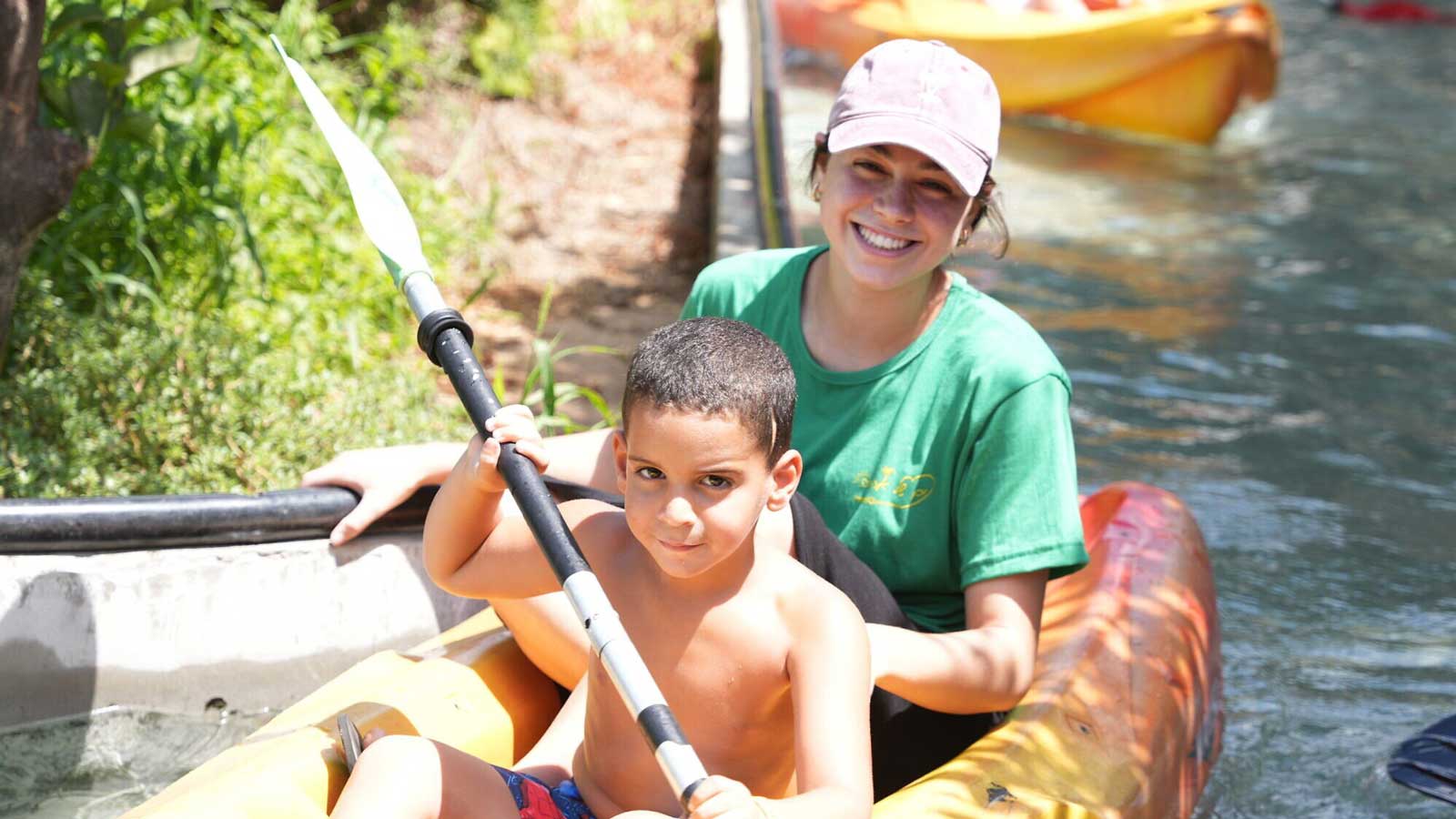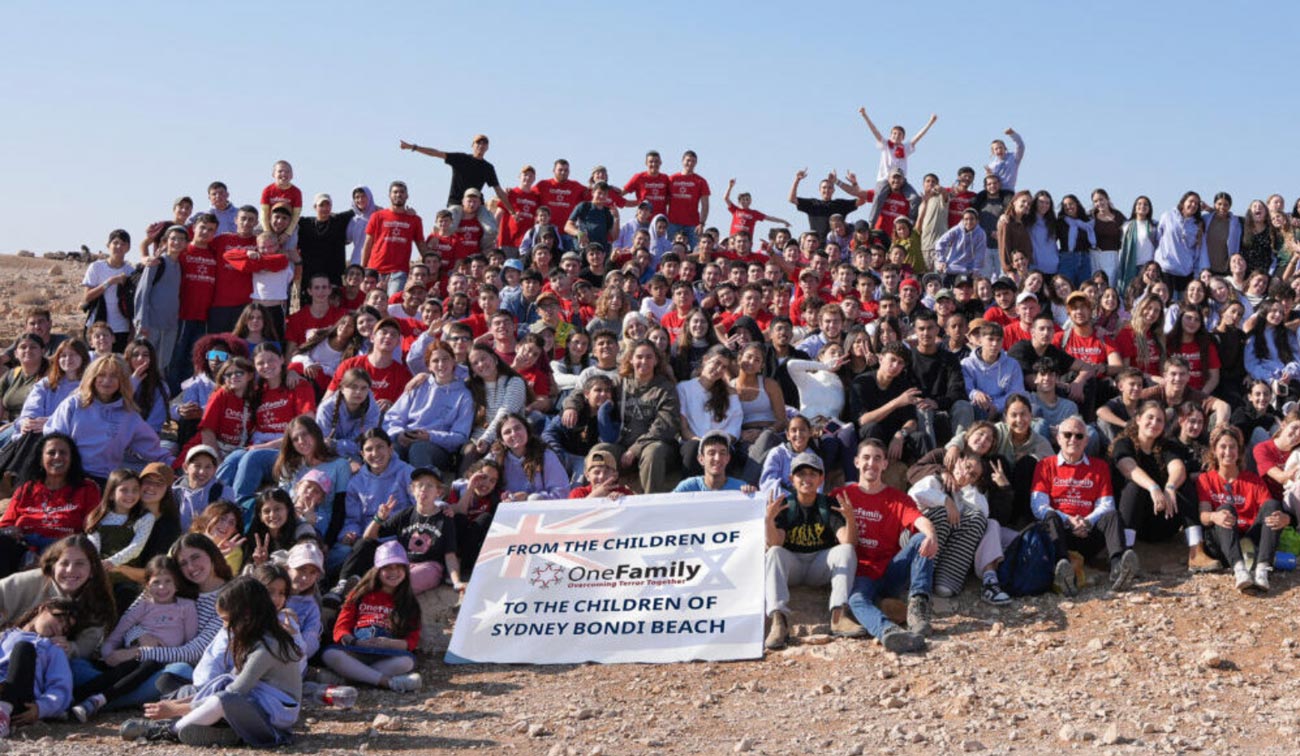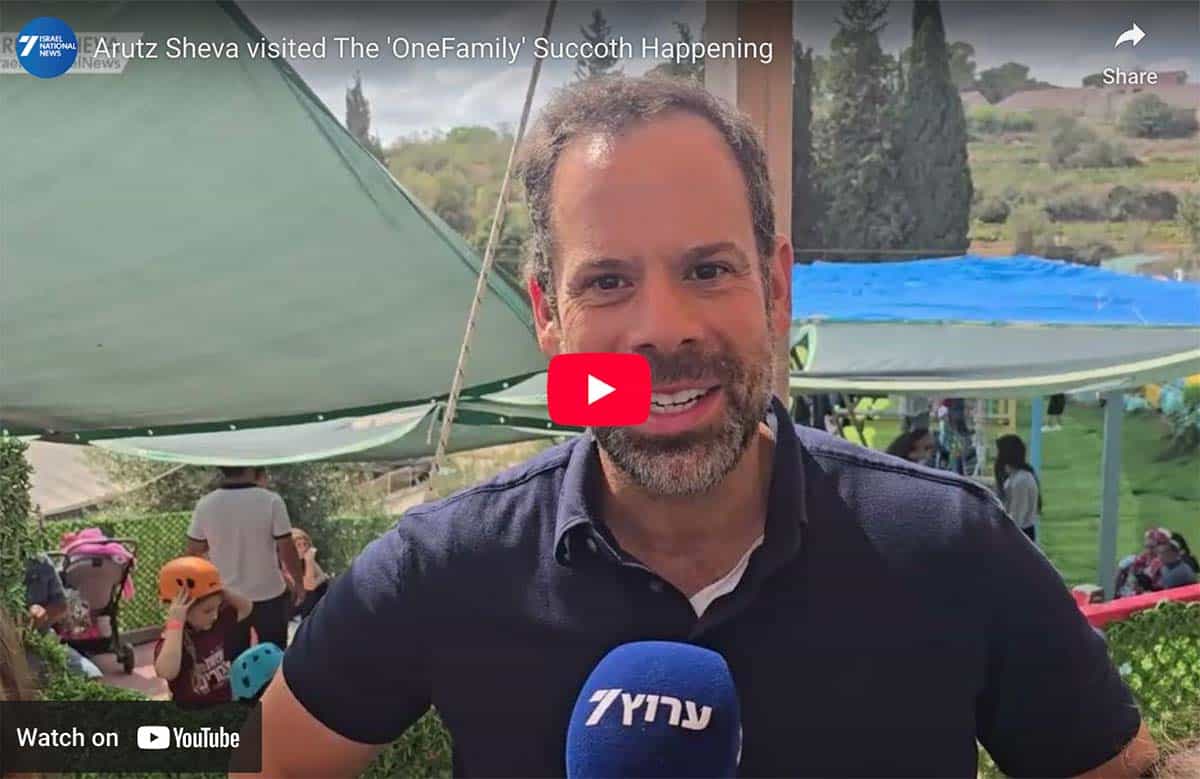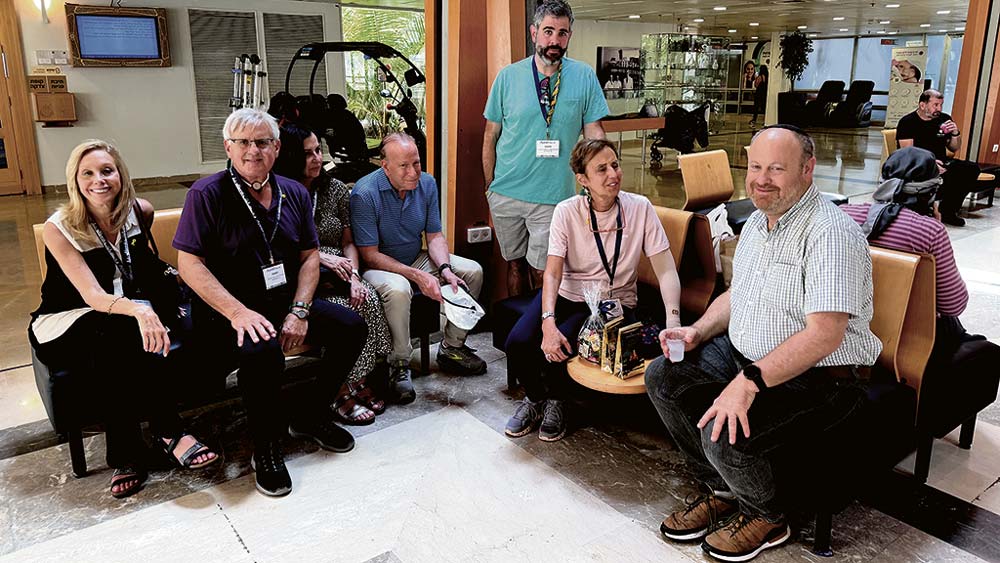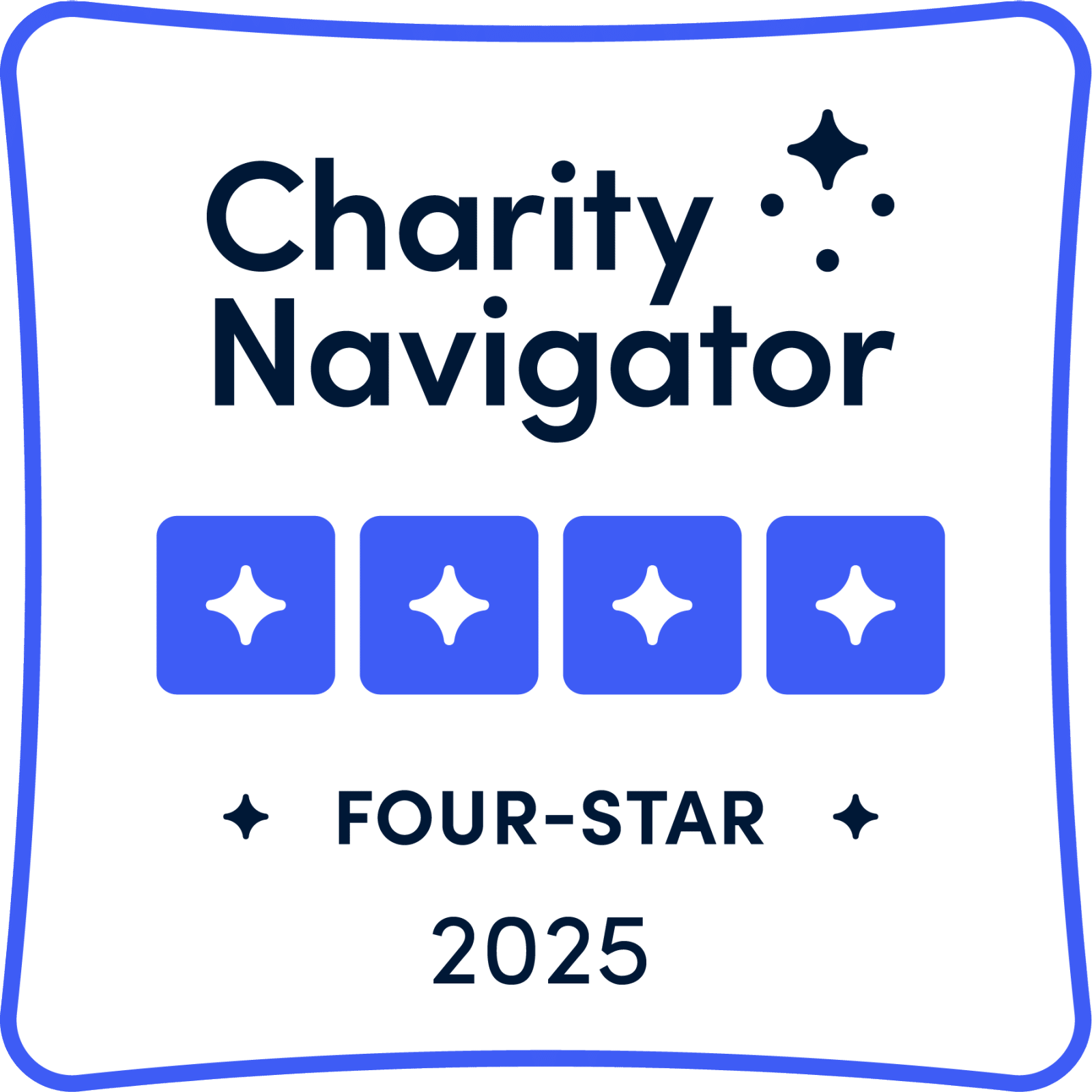Published in JNS Original article
The two young women sit around a table in the cafeteria of Utopia Orchid Park at Kibbutz Bahan in the Sharon region, counting off names on their fingers. Around them, children weave between tables while groups of women gather in hushed conversation or bursts of laughter.
“Sixteen!” Shai-Li says confidently.
“No, we’re 17,” her friend Jessica argues.
They go over the names again, counting them one by one. Finally, they reach an agreement.
“OK. We are 17 new widows or widowers from Kfar Aza since the massacre,” Shai-Li announces, almost triumphantly.
The contrast between this conversation and the peaceful surroundings of the lush nature park in the Hefer Valley is jarring. But for these young mothers, the past 23 months have been far worse than jarring. Their reality since Oct. 7, 2023, is tragic, unimaginable and inescapable.
At the prime of their lives, just as they were building families and futures with their life partners, these women suddenly found themselves alone; single parents navigating unfathomable grief, trying to create stability for their traumatized children while coping with their own loss.
Many say they would not have been able to function without the support of OneFamily, an Israeli nonprofit that reached out to them in their darkest hours.
The women are attending the opening day of a three-day retreat for 47 widows and 120 children organized by OneFamily. The first stop is the peaceful orchid garden, a place chosen to offer quiet and healing.
Founded in 2001, OneFamily works to rehabilitate and empower terror victims, wounded soldiers, and bereaved families. Its network of professionals and volunteers provides immediate aid and long-term support; emotional counseling, financial assistance and advocacy; helping victims regain independence and reintegrate into society.
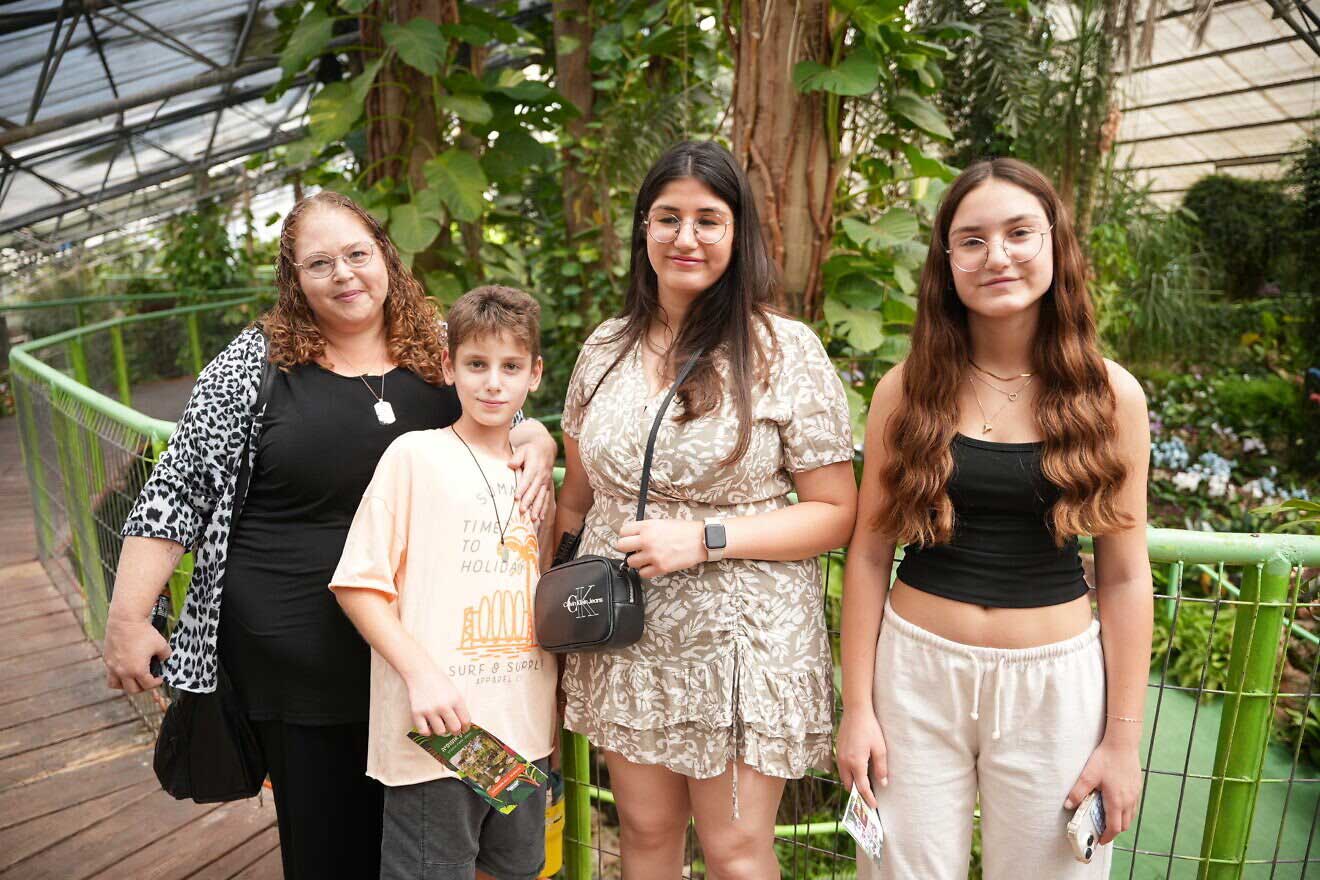
A lifeline in grief
Wandering through the tropical gardens, surrounded by waterfalls and blooming flowers, is Revital Markowitzky, accompanied by three of her four children. Her husband of more than 20 years, Artur, a policeman, was killed at the Nova Music Festival while trying to protect others. Just two months before the massacre, the family had moved from Jerusalem to a new home in Ashdod.
“For five days, we didn’t know if he was alive or dead,” says Revital, wearing a pendant engraved with Artur’s face.
After his death was confirmed, she moved the family back to Jerusalem, where her children at least had the comfort of familiar friends and school routines.
Revital soon began attending OneFamily’s weekly support group for widows of fallen security forces. “There’s no handbook to teach us how to navigate this new life we never chose,” she says. “Those meetings have been a lifeline.”
She also leans on dark humor to cope. “When we visit the cemetery, the kids argue over who gets to take a selfie with dad first,” she says with a wry smile.
OneFamily also runs summer camps and regular activities for children and siblings of victims, giving them tools to process grief and regain a sense of childhood.
Nearby, Rona (not her real name) kneels beside her two-year-old daughter Alma, patiently listening as the little girl, with wild curls bouncing, chatters excitedly about the flowers. Rona’s partner, a member of Kfar Aza’s emergency security team, was killed while defending the kibbutz. He left behind two older children and baby Alma, who was just a few months old.
“I talk about him to her all the time,” Rona says softly. “She says goodnight to his photograph.” She pauses. “But she’ll never really know him.”
In the first difficult months, OneFamily sent National Service volunteers to help with the baby. “They called me regularly to check in,” she recalls. “Just hearing a caring voice on the other end made it easier to get through the day.”
A community that understands
Back in the cafeteria, Nava Formansky, OneFamily’s central region coordinator, greets the women with hugs and first-name warmth. Formansky has been with the organization for 24 years, starting after the Sbarro bombing in Jerusalem, when she visited victims at Tel Hashomer hospital.
Since Oct. 7, the need for OneFamily’s work has doubled. Hundreds of new families are now part of the ever-growing circle of grief and resilience.
At one table sits Shay-Li Atari, a singer and video editor whose story captured the hearts of millions. On Oct. 7, terrorists stormed her home in Kfar Aza, where she lived with her husband, Yahav Wiener, and their one-month-old daughter, Sheya.
Yahav Wiener fought off the attackers in the safe room, sacrificing his life so Shay-Li and their baby could escape. Shay-Li spent hours hiding, hearing screams and gunfire, not knowing if Yahav was alive. Three days later, she learned he had been murdered.
Sitting beside her is her best friend, Jessica Timmer, who also lost her husband, Nadav—father to her two young sons—that day.
Nava gently sends a volunteer to play with the children, so the mothers can breathe for a moment. Both women have been attending OneFamily events regularly since the tragedy. Recently, Shay-Li participated in a retreat with her mother-in-law, which she found profoundly meaningful.
“OneFamily saw how important it is to nurture these relationships,” Nava explains. “A widow and her mother-in-law are navigating entirely new terrain together. Strengthening that bond is vital.”
From Utopia Orchid Park, the group travels to a hotel in Netanya for an evening of workshops, storytime, games and a lively dance party. The next day is spent at Poleg Beach, in a section reserved just for them. Volunteers from a local surf academy teach surfing and take families out on paddleboards and kayaks.
“The atmosphere is wonderful,” says Yael Shevach, who works closely with the widows. “There’s music, shaded seating, watermelon, jumping castles for the little ones; they’ve thought of everything.”
Yael understands the pain these women carry. In 2018, her husband, Raziel, the father of her six young children, was murdered in a shooting attack. OneFamily supported her through her grief, and when she was ready, she began volunteering, using her experience to guide others. After Oct. 7, she joined the staff to help meet the overwhelming need.
“Giving back is part of my own healing,” she says.
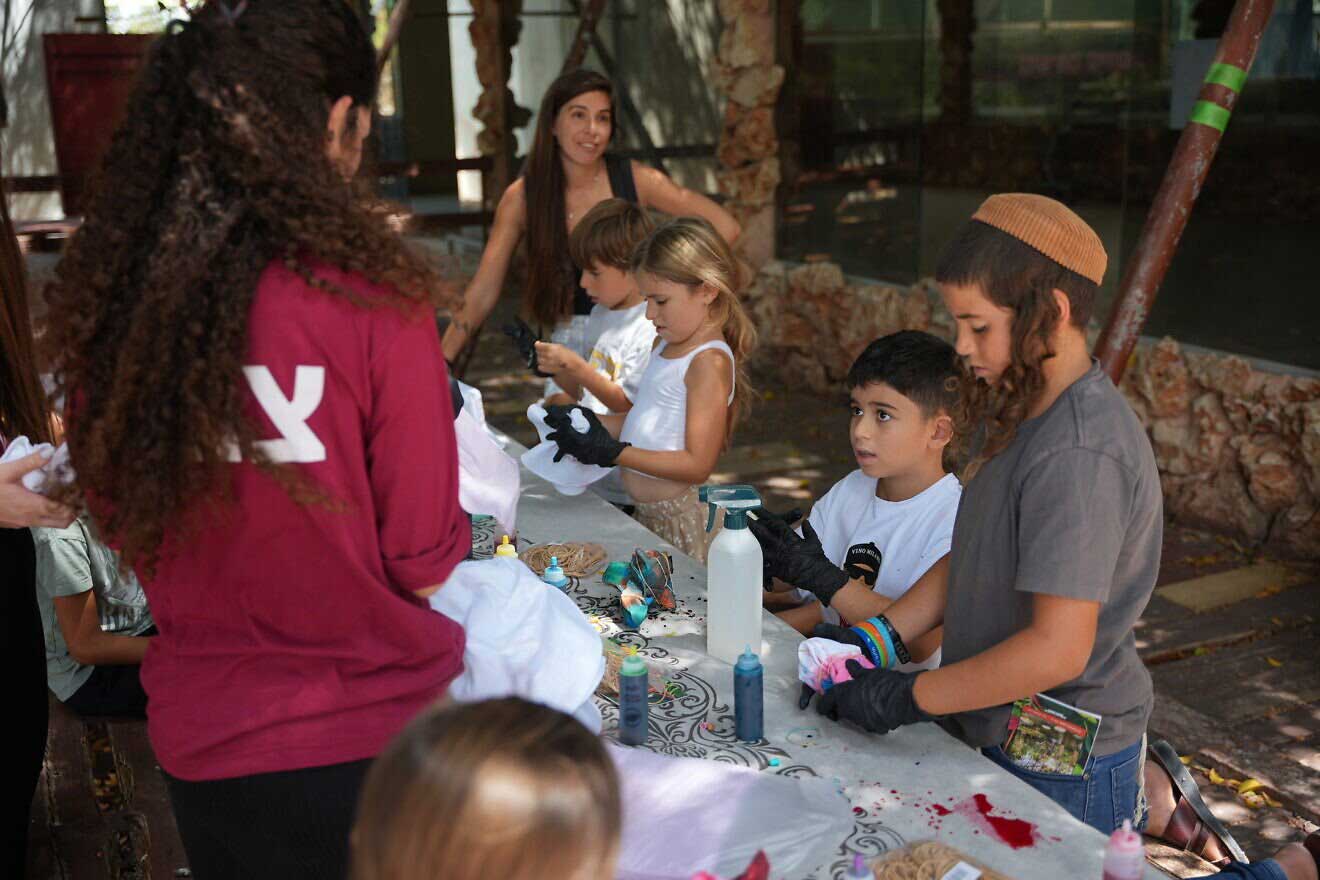
The retreat ends with a day at the Shvil Hatapuzim theme park, where families enjoy go-karts, rope courses, water games and picnics in the shade of the orange grove. They’re building new memories together.
For these women and their children, grief will always be part of their lives. But, thanks to OneFamily, so will community, resilience and love. OneFamily cannot erase their loss, but it can help them learn to live with the pain and move forward; one conversation, one shared memory, one healing day at a time.

